This year, Ontario’s Access to Justice Week will take place from October 27-31. The theme of this year’s Access to Justice Week is: 10 Years Forward: Expanding Justice, Embracing Inclusion.
The 2025 event includes the following virtual sessions:
- Monday, October 27 2:00 pm ET – 3:00 pm ET
AI in the Canadian Criminal Justice System - Tuesday, October 28 11:00 am ET – 11:30 am ET
Introduction to Friendship Centres
1:00 pm ET – 2:00 pm ET
Access to more inclusive and accessible justice: what does that mean?
5:00 pm ET – 7:00 pm ET
Starting Strong: New Paralegals, New Possibilities - Wednesday, October 29 11:00 am ET – 12:00 pm ET
Building Tomorrow’s Legal Research: How CanLII’s Evolution Expands Access to Justice
12:00 pm ET – 1:00 pm ET
Evolution of Indigenous Services at Legal Aid Ontario
1:00 pm ET – 2:00 pm ET
Supporting Neurodivergent Individuals in the Court System
5:00 pm ET – 6:30 pm ET
Answers to your everyday questions - Thursday, October 30 12:30 pm ET – 1:30 pm ET
Trans ID Clinics connect law students, lawyers and community organizations in access to justice
1:30 pm ET – 2:30 pm ET
Supporting Youth with No Precarious Immigration Status – an Introduction to CASA
For more information about Ontario’s Access to Justice Week sessions or to register, visit: https://lso.ca/theactiongroup/access-to-justice-week.










